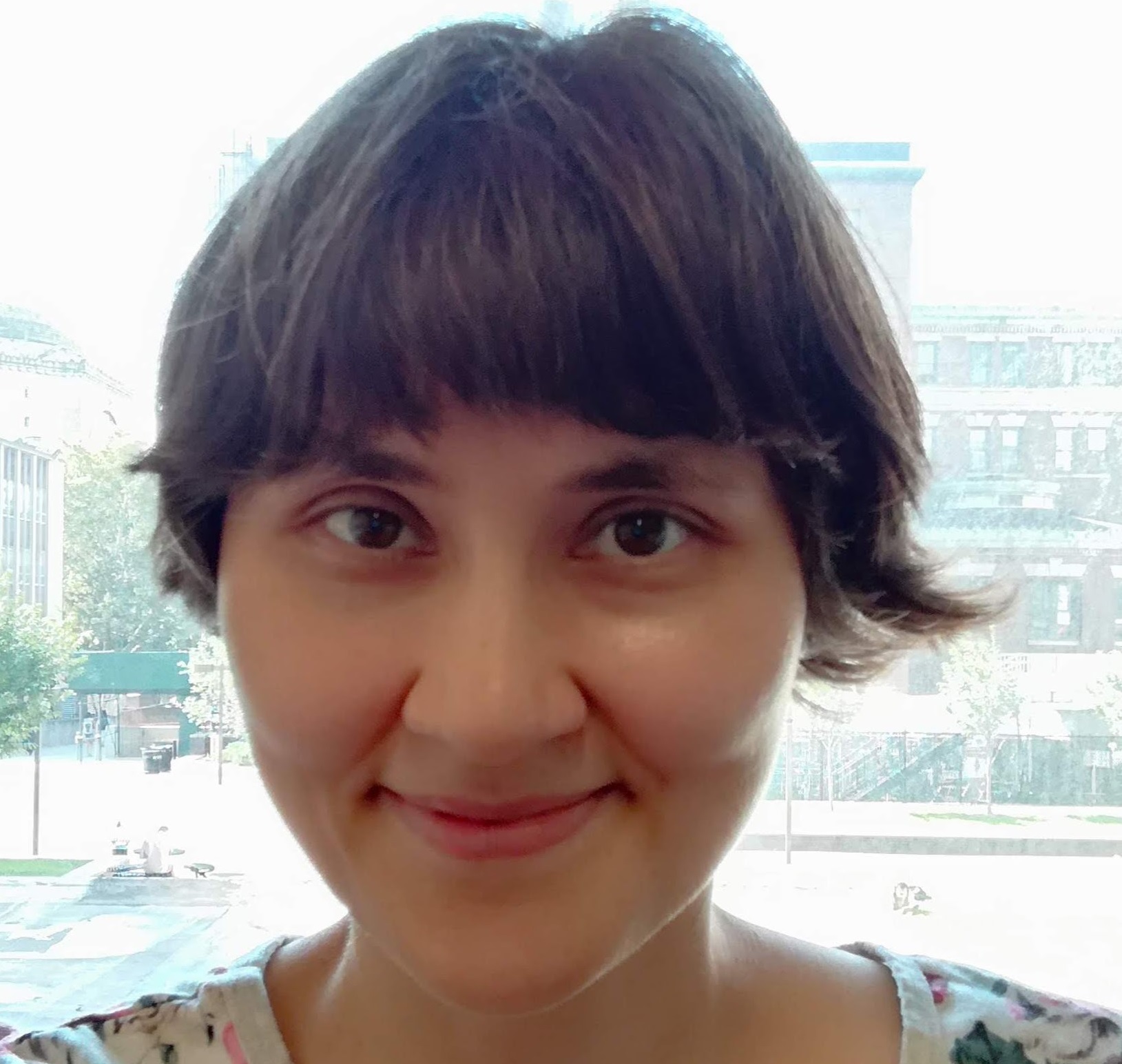
Prof. Z graduated from MIT in physics and math, and received her physics PhD at Harvard University where her thesis work involved precise spectroscopy of helium atoms. She came to Columbia in 2008, after a few years of learning about optical lattice atomic clocks in Boulder, Colorado. She teaches various subjects such as mechanics, electromagnetism, and atomic physics, and her research interests involve precision measurements and quantum optics, particularly state-of-the-art optical spectroscopy with diatomic molecules.
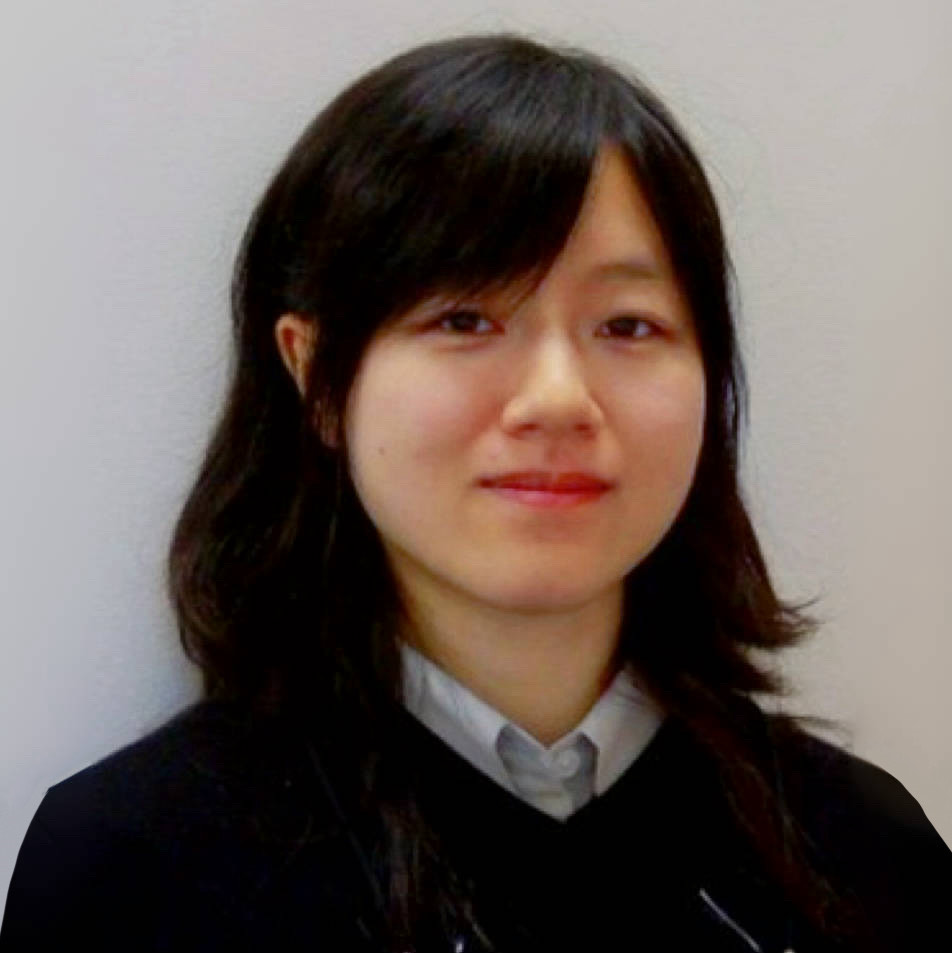
Jingjing obtained her Master's degree from Tufts University and PhD from North Carolina State University. Her PhD study focused on engineering the Hamiltonians of degenerate quantum gases as well as studying the evolution of spin density and the emergence of spin correlations in a synthetic lattice in energy space. She joined ZLab in August of 2024 and is currently working on the molecular lattice clock experiment based on laser-cooled strontium atoms, and in particular, preparing to measure vibrational molecular isotope shifts at the highest precision.

Debayan studied at Presidency College in India as an undergrad. Then he received his Master's from École Polytechnique in France and PhD from Princeton University. For his PhD, he built a lithium quantum gas microscope and studied the Fermi-Hubbard model. As a postdoc at Harvard, he worked on laser cooling of polyatomic molecules like CaOH, CaOCH3 and CaO-phenol using cryogenic buffer gas sources. He has been a researcher with ZLab since August 2021, currently working on laser cooling, trapping and dissociation of CaH molecules.
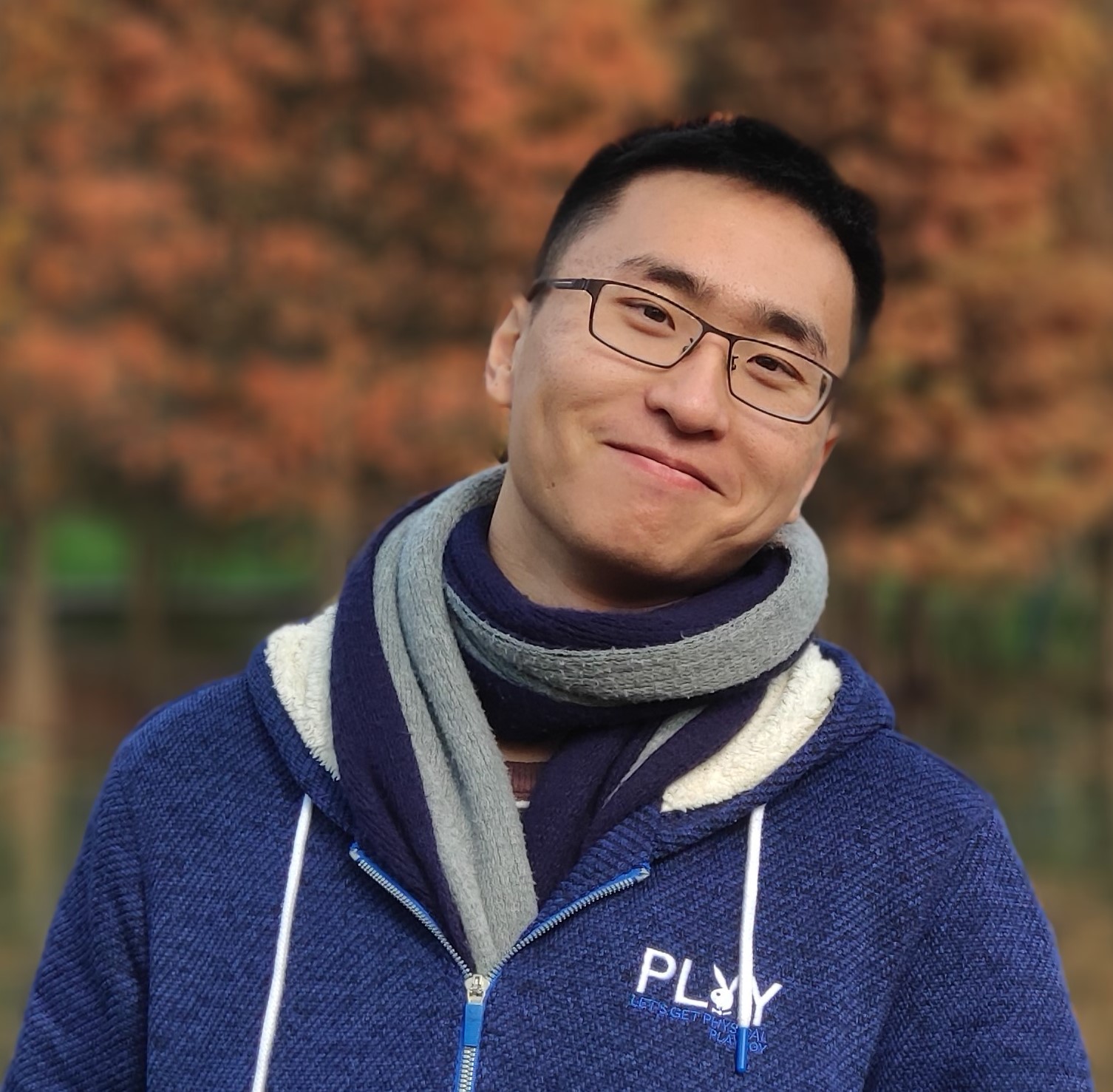
Qi graduated from the University of Science and Technology of China (USTC) in 2019, where he was engaged in precision measurement of hot atomic physics using for example, vapor-cell magnetometers. After joining ZLab, Qi began working on ultracold molecular physics, and now focuses on direct laser cooling of diatomic molecules. He is excited about the possibility of building a magneto-optical trap (MOT) of alkaline-earth-metal hydride molecules, which could lead into new studies of ultracold chemistry and potentially allow the creation of cold, dilute clouds of hydrogen atoms.
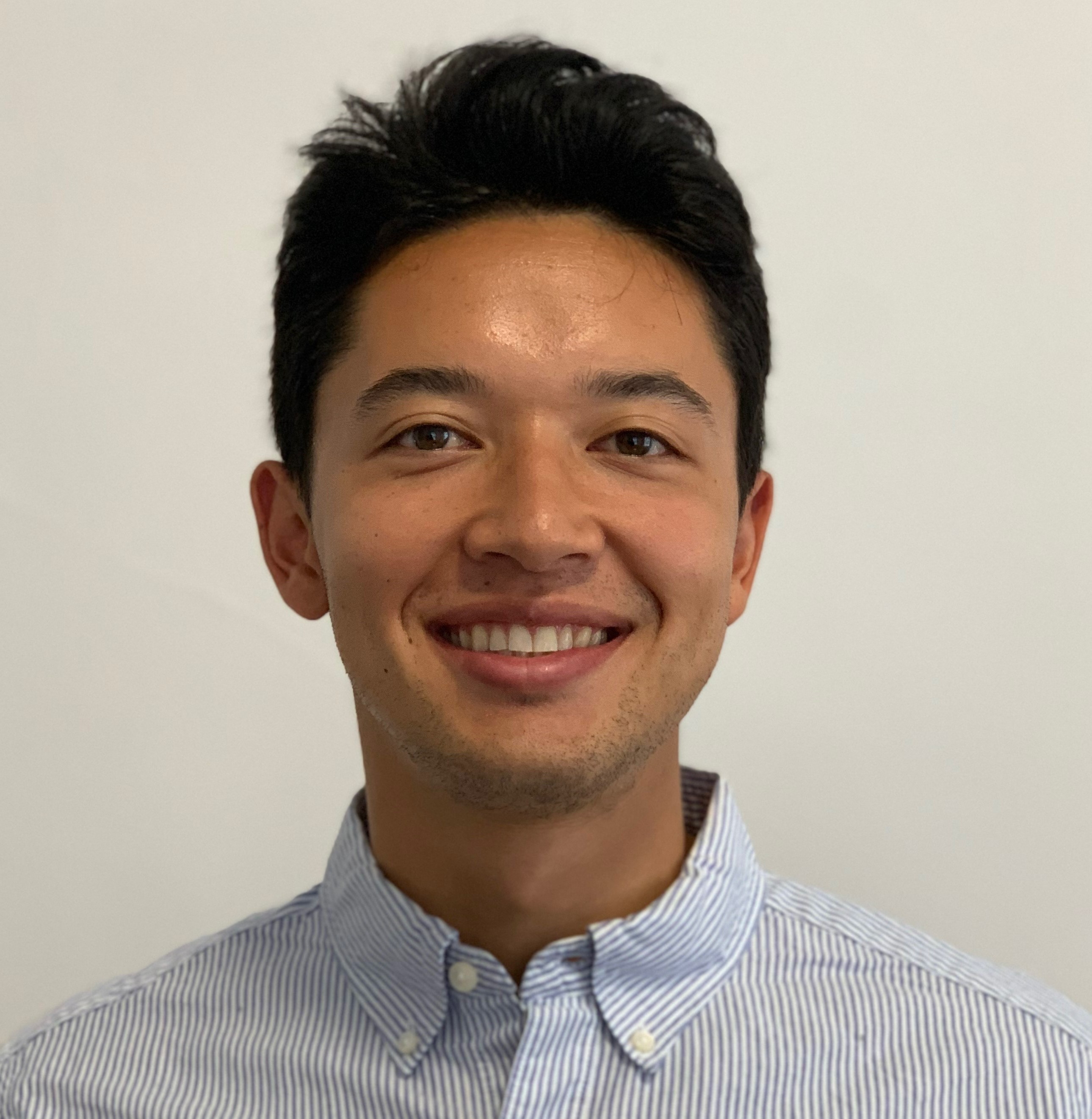
Brandon completed his undergraduate degree at the University of Washington in 2019. There he worked with the Eöt-Wash group doing precision tests of gravity at sub-millimeter distances using torsion balances. At Columbia, he is working on the strontium molecular lattice clock, performing searches for possible violations of Newton’s inverse square law at the nanometer length scale or the time variation of the proton-to-electron mass ratio. He is interested in tests of fundamental physics using tabletop experiments, as well as in developing techniques for laser cooling atoms and molecules.
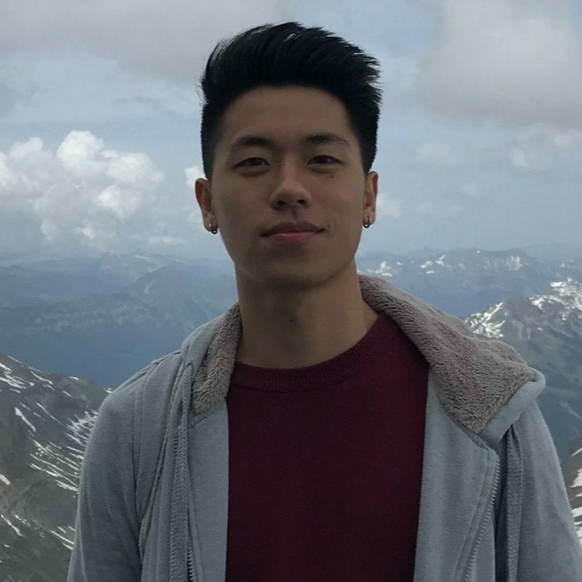
Before coming to Columbia, Jianhui studied physics at the National University of Singapore. As an undergraduate, he developed an interest in AMO physics while working on building an optical lattice of lithium atoms at the Centre for Quantum Technologies. Currently, Jianhui is excited about the potential of testing fundamental physics with molecules. He is working with the CeNTREX collaboration, situated at Argonne National Lab, looking for the electric dipole moment of the proton and hadronic CP violation effects in cold thallium fluoride molecule.
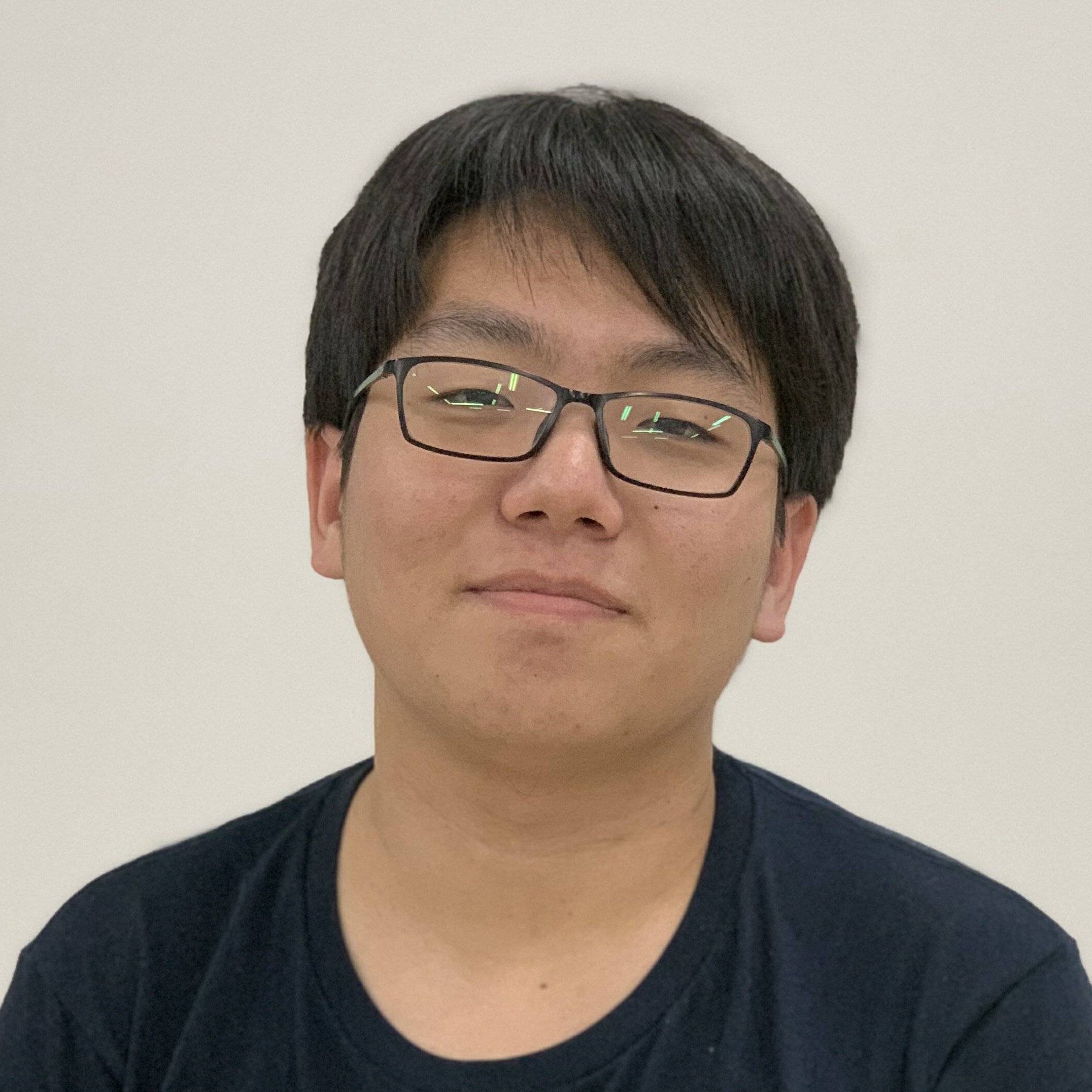
Prior to joining ZLab, Jinyu was an undergraduate student at the University of Science and Technology of China (USTC). He was fascinated by modern atomic physics technologies and conducted research on atom trap trace analysis (ATTA) with calcium atoms. He also gained research experience with nitrogen-vacancy (NV) color centers in diamond. Now as a PhD student at Columbia, Jinyu is continuing his journey of exploring the secrets of nature. He is currently working on laser cooling and trapping of CaH molecules. He is having a great time, and loves anything to do with physics!
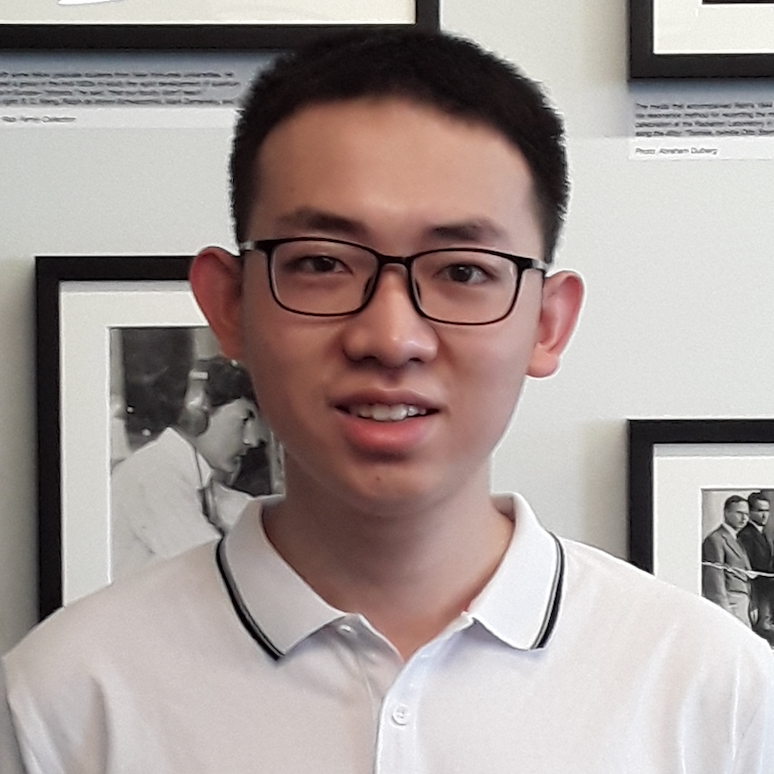
Perry completed his undergraduate degree at the University of Science and Technology of China (USTC) in 2022. During his undergrad, he worked in high-energy nuclear physics research at RHIC, then transitioned to work on searching for axion-like dark matter using nuclear magnetic resonance. The idea of testing fundamental physics with tabletop experiments motivated him to pursue precision measurements with AMO physics. At Zlab, Perry is working on the search for CP violation with cold thallium fluoride molecules. He is excited to develop the CeNTREX project and use it to look for physics beyond the Standard Model.
